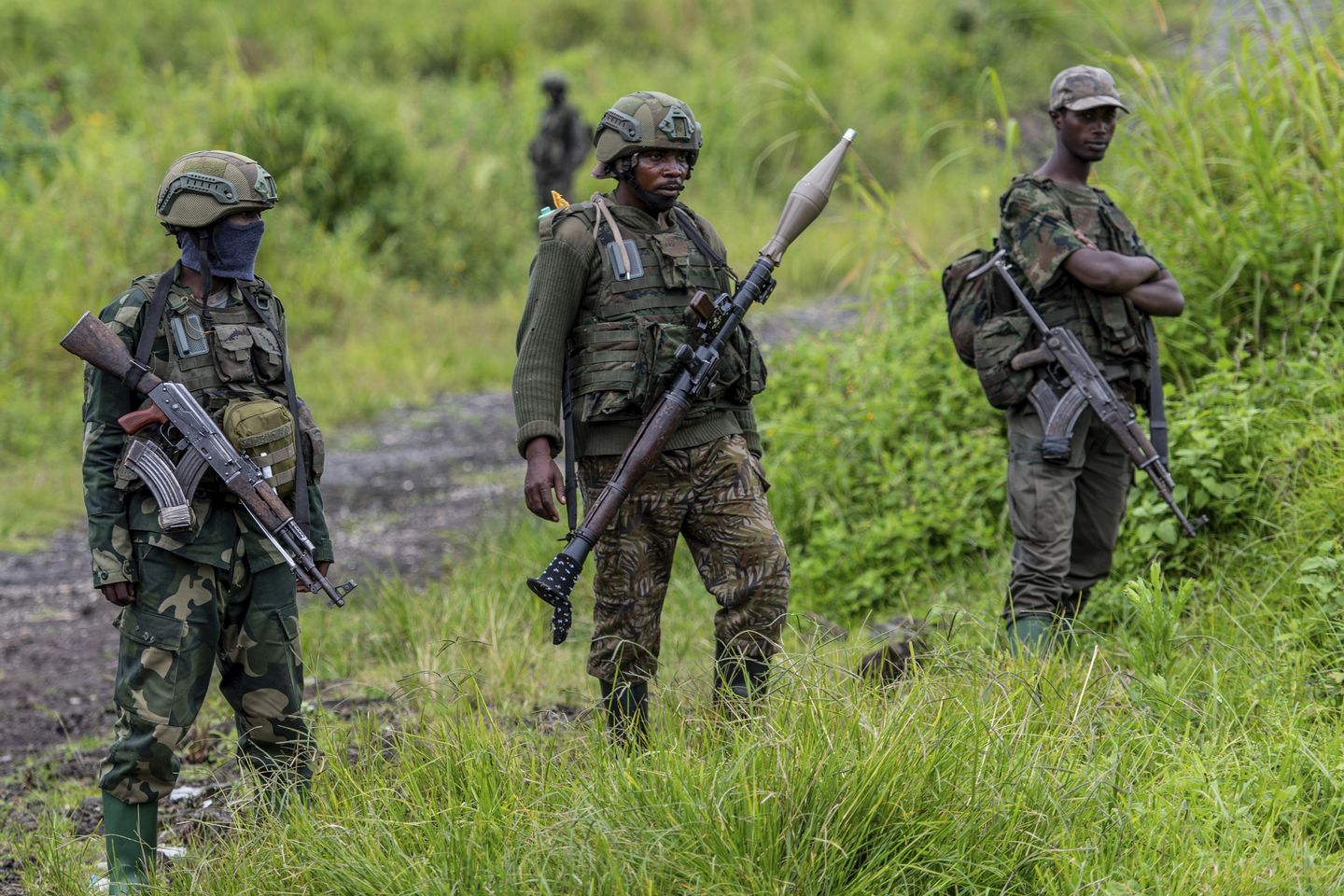The conflict in the Democratic Republic of Congo (DRC) has been ongoing for years, with various rebel groups vying for power and control in the region. The M23 rebel group, named after the March 23, 2009 peace agreement that they believe was not fully implemented, has been one of the most prominent groups fighting against the government.
The recent escalation in fighting between the Congolese army and the M23 rebel group has heightened tensions in the region. The army reported that the clashes intensified in eastern Congo in the days leading up to the much-anticipated peace talks scheduled for Sunday. The violence has resulted in casualties on both sides, with reports of civilians being caught in the crossfire.
The conflict in eastern Congo has been fueled by a complex web of political, social, and economic factors. The region is rich in natural resources, including gold, diamonds, and coltan, which have attracted various armed groups seeking to control and profit from these resources. The lack of effective governance and the presence of corruption have also contributed to the instability in the region.
The M23 rebel group, comprised of former Congolese army soldiers who mutinied in 2012, has been accused of committing human rights abuses, including killings, rapes, and forced recruitment of child soldiers. The group has also been involved in illicit activities, such as smuggling and extortion, to fund their operations.
The Congolese government, with the support of the United Nations peacekeeping mission in the DRC (MONUSCO), has been trying to quell the violence and bring about a lasting peace in the region. However, the efforts have been hampered by the continued fighting and the reluctance of some rebel groups to engage in dialogue.
The peace talks scheduled for Sunday are seen as a crucial opportunity to address the root causes of the conflict and to find a peaceful resolution. The talks will bring together representatives from the government, the M23 rebel group, and other stakeholders to discuss a way forward.
The international community has also been closely monitoring the situation in eastern Congo and has called for an end to the violence. The United Nations Security Council recently issued a statement condemning the escalation of fighting and urging all parties to respect international humanitarian law and human rights.
Humanitarian organizations working in the region have expressed concern about the impact of the violence on civilians. The fighting has forced thousands of people to flee their homes, leading to a dire humanitarian situation. Access to essential services, such as healthcare and education, has been severely disrupted, leaving many vulnerable populations at risk.
In addition to the immediate humanitarian needs, there is also a long-term concern about the impact of the conflict on the stability and development of the region. The violence has hindered economic growth and investment, further exacerbating poverty and unemployment in the region.
As the peace talks approach, there is cautious optimism that a breakthrough can be achieved. However, the road to peace in eastern Congo is likely to be long and challenging, requiring the commitment and cooperation of all parties involved.
In conclusion, the recent escalation of fighting between the Congolese army and the M23 rebel group in eastern Congo highlights the ongoing challenges facing the region. The conflict is rooted in a complex web of political, social, and economic factors, and finding a lasting solution will require sustained efforts and cooperation from all stakeholders. The upcoming peace talks present an important opportunity to address the root causes of the conflict and to pave the way for a peaceful resolution. It is crucial that all parties involved prioritize the protection of civilians and respect international humanitarian law in order to bring about lasting peace and stability in the region.









